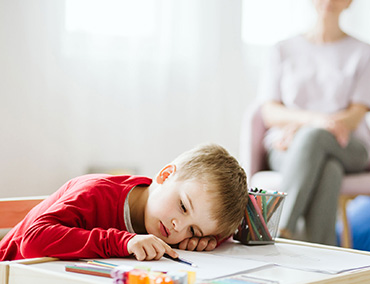Autism Outreach

 Unlock Potential, Embrace Possibilities
Unlock Potential, Embrace Possibilities
Autism Outreach focuses on supporting individuals and families affected by autism, who often face challenges such as social isolation, lack of access to specialized education, and limited resources for therapy and support. These obstacles can make it difficult for individuals with autism to lead fulfilling lives and for families to provide the care their loved ones need.
Donating to Autism Outreach, you enable us to provide access to specialized education, therapy, and community integration programs. These services help individuals in the spectrum reach their full potential and lead more independent lives.
Summary
Your support makes a significant impact by funding early intervention programs, social skills training, and support groups.
- Early Intervention: Funding early diagnosis and intervention programs.
- Therapeutic Support: Providing therapy and social skills training.
- Community Integration: Facilitating programs that integrate individuals with autism into the community.
Popular Causes
Second Chance
We serve high-crime, high-poverty communities, striving to enhance both adults and young adults
$95,000 Raised
$250,000 Goal
Read More
Drugs & Substance Abuse
Since our inception we have successfully implemented programs which ensure our clients
$7,500 Raised
$25,000 Goal
Read More
Autism Outreach
In Connecticut, 8,278 or 11.3% of children with disabilities ages 3-21 who received special education
$75,000 Raised
$150,000 Goal
Read More





